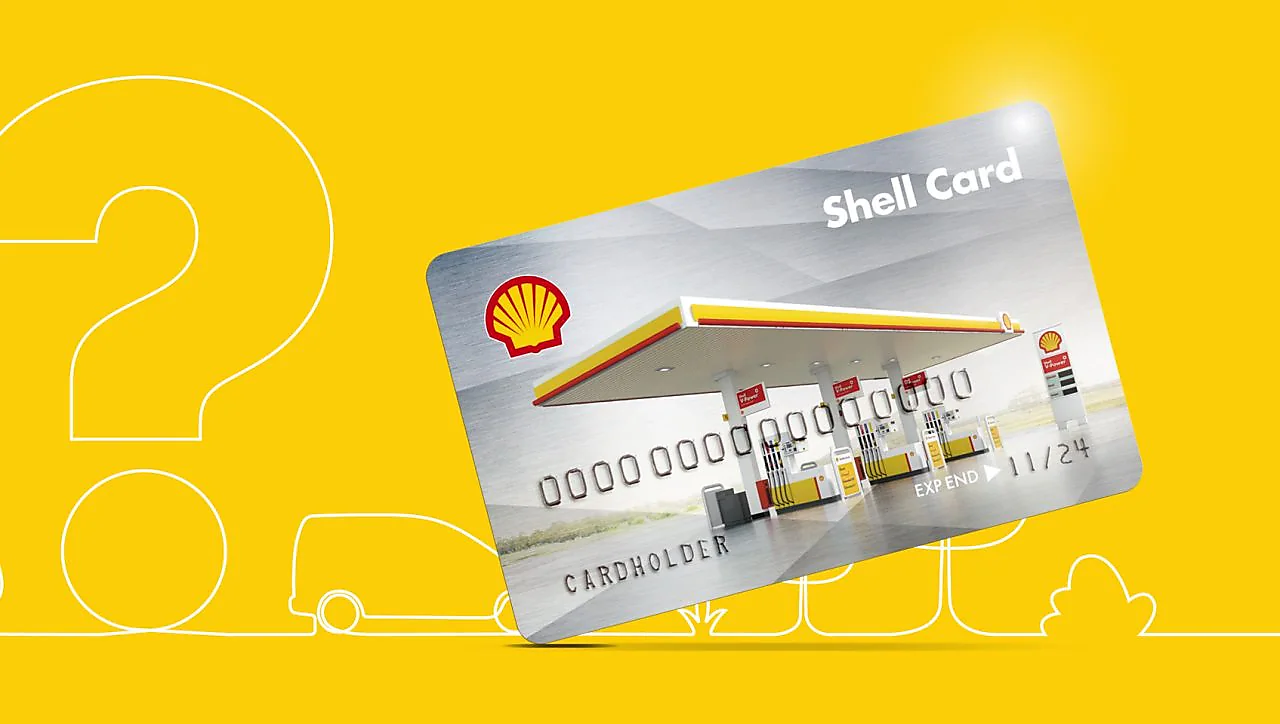The Future of Fuel Payment Solutions: Shell Fuel Cards


In today’s fast-paced world, the transportation and logistics sectors are evolving rapidly, and so are the ways we manage fuel payments. With the rise of digital transformation across industries, fuel payment solutions are being revolutionized to offer businesses and individual drivers more control, efficiency, and security. Among the key players in this transformation is Shell, a global energy leader that has been innovating not just in fuel technology but also in the way fuel transactions are handled. Shell Fuel Cards represent a forward-looking solution that caters to the needs of modern fleets and drivers, and they are reshaping the future of fuel payment systems.
Fuel Payment Challenges and the Need for Innovation
Traditionally, managing fuel expenses has been a cumbersome task for businesses. Cash payments and standard credit cards offer little control over how money is spent, leaving room for misuse, fraud, and administrative headaches. For fleet managers, the lack of detailed tracking and reporting can make it difficult to optimize fuel consumption, identify inefficient drivers, or control operational costs.
With fuel prices fluctuating and regulatory pressures on emissions increasing, companies are under more pressure than ever to manage their fuel consumption wisely. This growing demand for more transparent, controlled, and cost-effective fuel management systems has driven innovation in the field of fuel payments. That’s where Shell Fuel Cards step in, offering a glimpse into the future of this space.
Shell Fuel Cards: A Modern Solution for Modern Needs
Shell Fuel Cards are more than just a payment method—they are an all-in-one fuel management tool. These cards allow drivers to refuel at Shell’s extensive network of stations while giving businesses a high degree of control and oversight. What sets Shell apart is not just the convenience of the card itself, but the infrastructure and intelligence built around it.
For businesses, Shell Fuel Cards enable real-time monitoring of fuel usage. Managers can set spending limits, restrict purchases to fuel only, and even choose specific types of fuel for different vehicles. This kind of customization ensures that every drop of fuel is accounted for and used effectively. Additionally, consolidated invoicing and digital records simplify accounting processes and reduce the need for manual intervention.
Embracing Digital Integration and Data Analytics
One of the most transformative aspects of Shell Fuel Cards lies in their integration with digital platforms. Through online portals and mobile apps, businesses can access detailed reports and analytics on fuel consumption patterns, driver behavior, and cost trends. This data-driven approach allows companies to make informed decisions about route optimization, vehicle maintenance, and driver training—all of which contribute to operational efficiency and cost savings.
Furthermore, Shell is exploring the integration of artificial intelligence (AI) and machine learning to predict fueling patterns and suggest optimal fueling strategies. By harnessing the power of big data, Shell Fuel Cards are not just passive tools—they are actively helping businesses adapt to the demands of modern logistics.
Security and Fraud Prevention
Another critical aspect of the future of fuel payment is security. As digital payment methods become more common, so too do the risks associated with cyber threats and fraud. Shell Fuel Cards incorporate multiple layers of security to protect both drivers and businesses. PIN protection, geolocation tracking, and transaction alerts are some of the features that help detect and prevent suspicious activities.
Advanced authentication mechanisms are also being developed to further enhance card security. Biometric verification and tokenization are potential future additions that could make Shell Fuel Cards even more secure and user-friendly.
Sustainability and Eco-conscious Fuel Management
In the current climate-conscious era, businesses are under increasing pressure to reduce their carbon footprint. Shell is responding to this need by not only offering cleaner fuel options but also integrating sustainability tracking into their fuel card services. With Shell Fuel Cards, companies can monitor the type and amount of fuel being used, assess the environmental impact, and set goals for reducing emissions.
Additionally, Shell is supporting the shift toward electric and hybrid vehicles by expanding its network of EV charging stations and exploring payment solutions that seamlessly integrate traditional fuel and electric charging under one system. This dual capability will be crucial as fleets gradually transition to more sustainable energy sources.